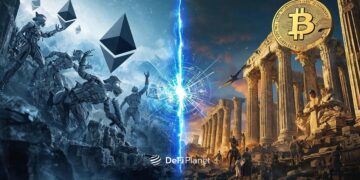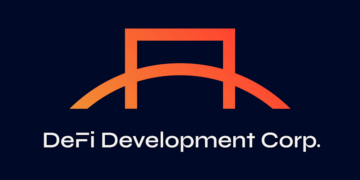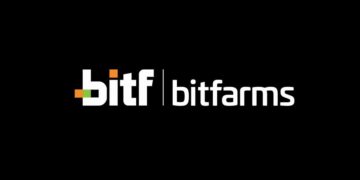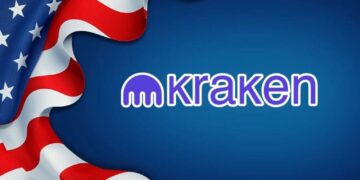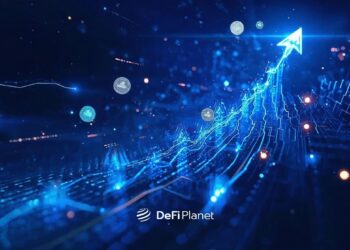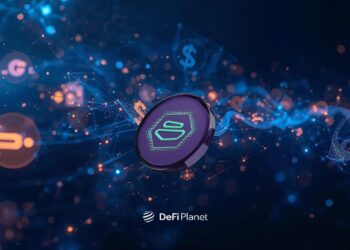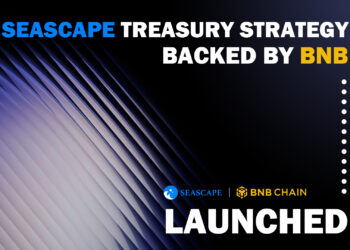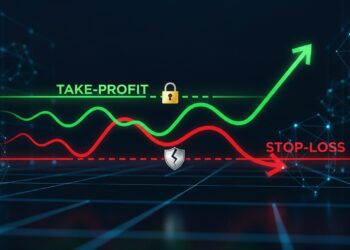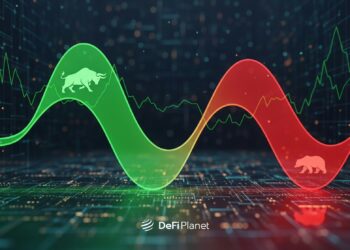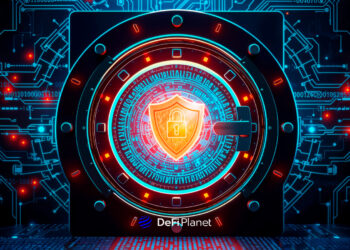[mo-optin-form id=”NLRoEIFRab”]
Inflationary vs. Deflationary Tokens: Which Drives Long-Term Value Creation?
At the heart of every crypto asset lies its tokenomics—the economic model defining how tokens are created, distributed, and circulated. Two major paradigms dominate token supply models: inflationary and deflationary. These models shape investor behaviour, determine long-term sustainability, and...
Why Crypto Market Cycles Matter: Understanding Bull & Bear Phases
Like traditional financial markets, the cryptocurrency market moves in cycles. A crypto market cycle is a recurring pattern of upward and downward trends driven by a mix of economic factors, technology changes, investor behaviour, and sometimes even global events....
Unbundling PeerDAS: Ethereum’s Next Step in Scaling Data Availability
Ethereum maintains its status as a leading blockchain platform because it continuously evolves to improve its performance and capabilities. As the network grows and attracts more users, it faces significant challenges in maintaining efficiency, security, and decentralization. One of...
What Are Decentralized Prediction Markets and How Do They Work?
What are Decentralized Prediction Markets? Decentralized prediction markets are innovative platforms that leverage blockchain technology to enable individuals to bet on the outcomes of future events without relying on a central authority. These markets utilize smart contracts and decentralized...
What Are DeFi Options Vaults, and How Do They Work?
What if you could earn passive income not through staking, lending, or farming—but by putting market volatility to work for you? That’s exactly what DeFi Options Vaults (DOVs) offer, and they’re rapidly gaining traction as one of the most...
The Hidden Dangers of Holding Crypto in Exchanges
Despite their convenience, centralized crypto exchanges have repeatedly proven to be high-risk platforms. From massive hacks and internal fraud to abrupt government crackdowns, the dangers of holding your crypto on exchanges are real—and often devastating. Still, many investors leave...

